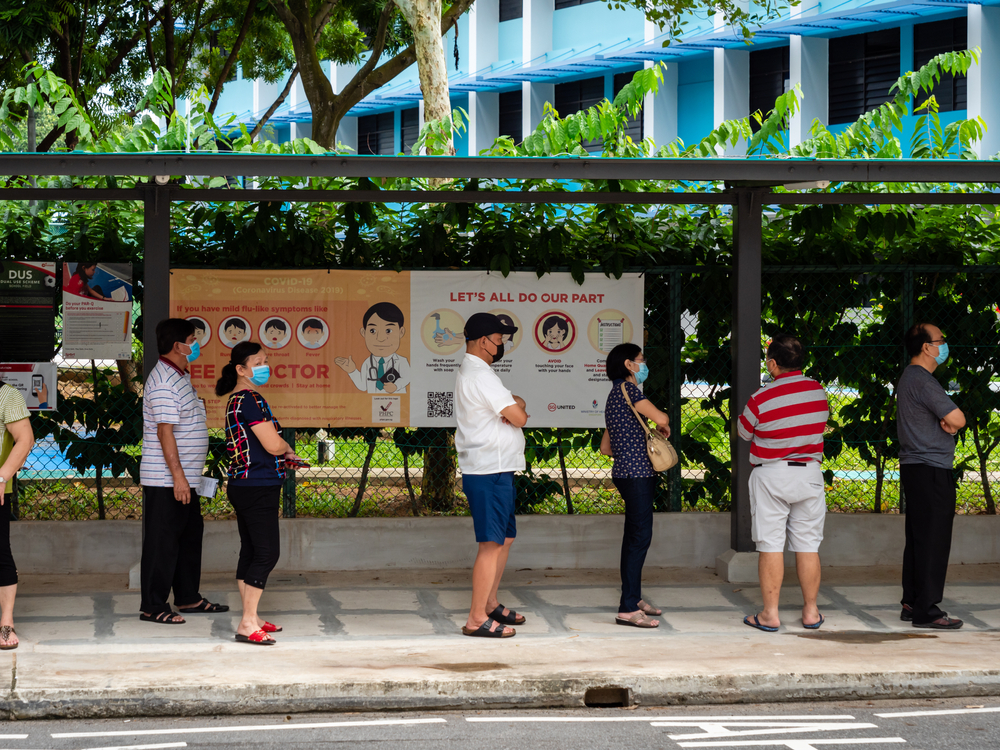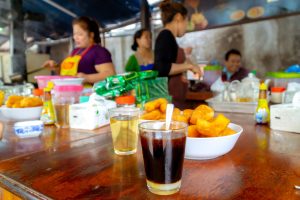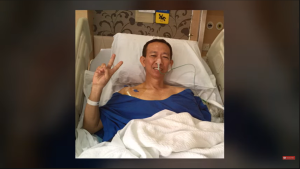Medical Channel Asia presents the weekly Asian medical news bulletin, bringing you essential healthcare news from across the region.
This week, we cover palliative healthcare in Singapore and more.
For the latest Covid-19 updates from the region, please see our previous article.
Philippines
In recognition of National Health Workers’ Day, the Department of Health (DOH) has vowed to ensure that healthcare workers receive fair wages and benefits. Acknowledging their vital role during the COVID-19 pandemic, the DOH promised ongoing support for the improvement of their welfare and services. This action aims to address the ongoing issue of Philippine healthcare workers leaving for better pay and conditions abroad, which has led to a local manpower shortage.
The DOH has proposed standardising salaries across public and private facilities. This is to close discrepancies where private hospital nurses earn around P12,000 monthly, while public hospital nurses earn around P35,000. Filipino Nurses United is advocating for a P50,000 basic salary for nurses in both public and private hospitals to incentivise them to stay in the country.
Singapore
In Singapore, community palliative care recipients have risen by 30% over the past five years, with around 8,800 terminally ill individuals benefiting from it in 2022, according to Rahayu Mahzam, Senior Parliamentary Secretary for Health. This announcement comes as the government aims to boost end-of-life care.
With Singapore’s ageing population, the need for palliative care is expected to grow. Hence, the country is planning to expand such services and revise its financial structures to enhance access. Efforts are also underway to equip healthcare professionals with the necessary palliative care skills. Despite the Lien Foundation’s 2014 survey showing that 77% of Singaporeans prefer to die at home, only 39% managed to do so in 2022. The government is now working on implementing “compassionate discharge” protocols. Additionally, it is also set to launch a campaign to increase awareness about lasting power of attorney and advance care planning.
Thailand
Following a suspected serial poisoning case, Thailand’s Department of Industrial Works plans to impose stricter controls on cyanide due to fears over easy access to the lethal chemical. Actress Preechaya “Ice” Pongthananikorn, who purchased cyanide from the same firm as the alleged serial killer Sararat Rangsiwuthaporn, is under investigation for misusing cyanide. If found guilty, she may face up to three years in prison and a maximum fine of 300,000 baht. Cyanide, a rapid-acting and potentially fatal chemical, can come as a colourless gas, liquid, or crystallised solid. Thailand imports cyanide as it doesn’t produce it domestically. Despite the chemical being regulated under the Hazardous Substances Act, it’s currently easy to purchase. The Department of Industrial Works is considering stricter rules. They include requiring importers to produce buyer lists, small-scale purchasers to register, and a declaration of cyanide use. The department also seeks to prevent online cyanide distribution.
Malaysia
Malaysia is currently experiencing a heatwave expected to last until June, with temperatures rising throughout the country, according to the national meteorological department. This period is predicted to be followed by slightly below-average rainfall until September. This combination of hot and dry weather conditions also increases the risk of haze from June to September. This is a result of uncontrolled forest or peatland fires. In April, the country issued heatwave alerts in several states, with the highest temperature recorded at 38.4°C. Consequently, the Education Ministry suspended all outdoor school activities. The country’s Meteorological Department expects temperatures to gradually drop by June but remain hotter than usual through September. Last month, two children died due to dehydration from the heat wave in the state of Kelantan.
Indonesia
As COVID-19 infections come under control, Indonesia has initiated a transition from a health emergency to a long-term mitigation plan. Health Ministry Spokesperson Mohammad Syahril clarified that the revocation of global health emergency status doesn’t signify the end of the COVID-19 threat. The World Health Organization (WHO) lifted the global health emergency status on May 5, 2023. They cited a decrease in COVID-19 deaths, fewer patients in hospitals and intensive care units, and improved citizen immunity. Following the revocation, Indonesia adopted a long-term mitigation system integrating prevention and control measures into regular health programmes. The WHO has advised countries to enhance their ability to handle future pandemics or epidemics, integrate COVID-19 vaccination into national health programmes, improve surveillance of respiratory diseases, and conduct more research on COVID-19 for future prevention plans.
Vietnam
Vietnam’s Ministry of Health has announced a programme to ensure vaccine supply until 2030. This month, the Drug Administration of Vietnam will establish a steering committee. The focus will be on research and production of vaccines for emerging, dangerous, and highly infectious diseases. During the 2023-25 period, specific priority will be given to combined vaccines and those not included in the national vaccination programme. The plan also includes the application of new technologies in anti-cancer vaccinations, and efforts to expand international cooperation in vaccine research and production. The programme will also focus on training local experts and attracting foreign specialists. Vietnam, which has administered nearly 266 million COVID-19 vaccine doses, aims to continue promoting vaccination, especially among high-risk groups and in key tourism spots.













